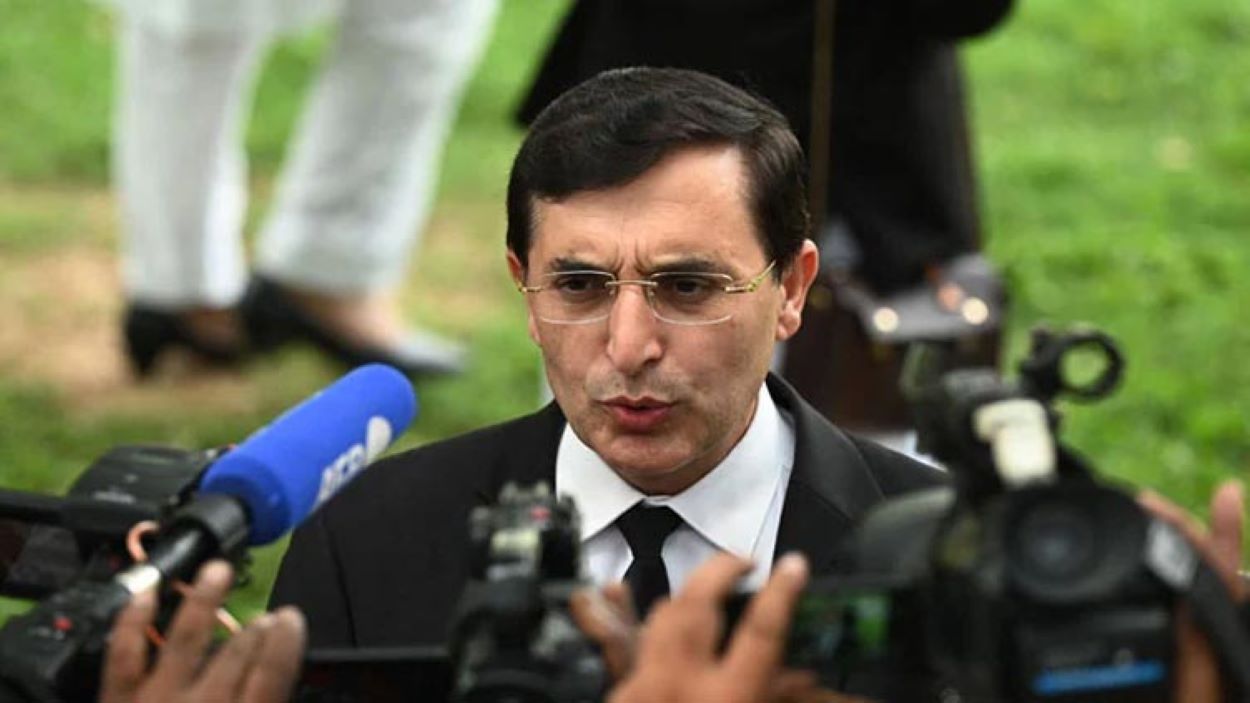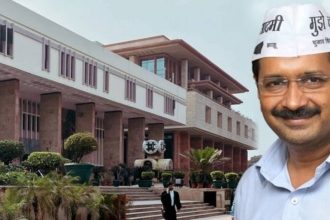The Pakistan Tehreek-i-Insaf (PTI) has acknowledged the necessity of forming strategic alliances to overcome the lack of reserved seats, which is crucial for government formation in national and provincial assemblies.
PTI leader Barrister Gohar Ali Khan highlighted the party’s decision to potentially ally or merge with another political entity, explicitly excluding the PML-N and PPP from any such arrangement. This strategic move underscores PTI’s resolve to secure a significant presence in governance despite expressing a preference for opposition over compromising alliances.
PTI’s exploration of coalition options reflects a pragmatic approach to navigating the political landscape. The exclusion of PML-N and PPP as potential allies directs PTI’s attention towards other political groups, with the Jamaat-i-Islami (JI) and Majils-i-Wahdatul Muslimeen (MWM) being considered. The past collaboration between PTI and JI in the KP assembly, despite its eventual dissolution, and the potential alliance with MWM, despite uncertainties regarding their candidate lists, illustrate PTI’s strategic considerations for partnership.
Furthermore, Barrister Gohar Khan’s remarks on rejecting turncoat politicians in the recent elections and the commitment to preventing independent candidates from switching loyalties echo PTI’s stance on integrity and loyalty within the political arena. As instructed by PTI founder Imran Khan, the emphasis on forming governments in key regions, alongside the call to release political prisoners and respect for PTI’s mandate, articulates a vision for a united and principled governance approach.
PTI’s strategic positioning reflects a multifaceted approach to navigating Pakistan’s complex political environment. It includes its openness to alliances, principled stance against opportunistic politics, and calls for systemic respect for electoral mandates.






